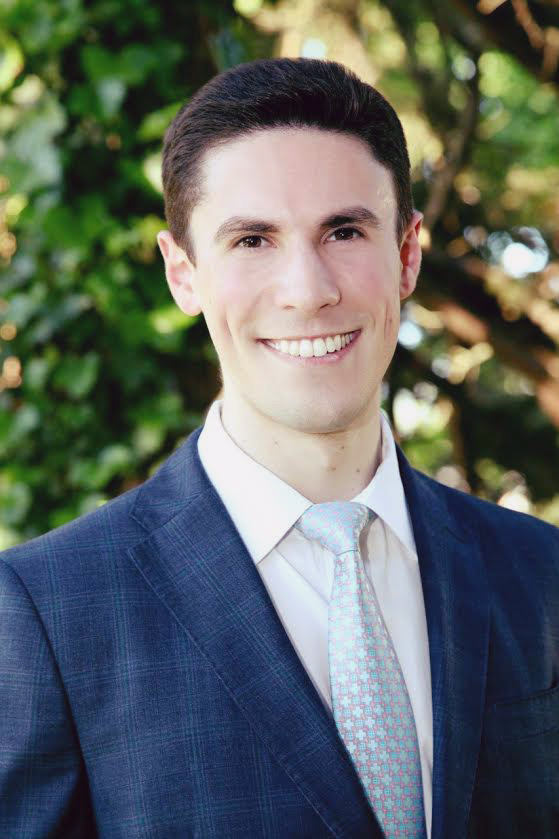
By Rabbi Shmuel Reichman
The power and proper use of intellect is an oft misunderstood concept in the Western world, making this week’s parsha all the more important to understand. Parshat Chukat introduces us to the paradigmatic chok, the mitzvah of parah adumah (the red heifer). A chok is commonly understood in contrast to a mishpat. A mishpat represents a rational, intuitive Torah law, such as the prohibitions against murder and stealing and the command to give charity. Such laws appeal to the human intellect and align with the innate moral compass present within all human beings, irrespective of religion, race, or ethnicity. A chok, on the other hand, refers to a Torah law that seemingly defies human logic and rational explanation, such as the parah adumah, kashrus (Jewish dietary laws), and shatnez (the prohibition of mixing wool and linen).
If there is no logical explanation for these mitzvot, what is their purpose? Why would Hashem (God) command us to do something with no justifiable reason? One possibility is that this type of command engenders obedience and submission to Hashem’s will. A life of truth is a life aligned with a higher will, Hashem’s will. Such a life requires commitment and discipline. An effective way to discipline oneself is by obeying laws, regardless of whether they are understood. Comprehension and understanding are valuable, but chukim (plural of chok) are necessary to create a firm structure of pure obedience to Hashem’s will.
However, it is possible that while chukim do not appear to have any rational or logical explanation, this is true only from the viewpoint of human logic and reason. In other words, there is, in fact, a reason behind chukim, but these reasons transcend human logic, residing in a realm far beyond our intellectual capabilities. Within this line of thinking, it is possible that while our human intellects cannot grasp the entirety of a chok’s meaning and depth, we can access shards of its meaning. A clear expression of this is the fact that many commentaries attempted to provide explanations for chukim, despite their supposed incomprehensibility. This suggests at least a partially comprehensible aspect to chukim, despite their elusive and transcendent nature.
Yetzias Mitzrayim vs. Matan Torah
In Daas Tevunos, the Ramchal explains that this concept is the very difference between the miracles of Yetzias Mitzrayim – the exodus from Egypt –and the miracle of Matan Torah – the giving of the Torah. The miracles of the exodus from Egypt merely revealed Hashem’s existence. Through the 10 plagues, the parting of the Reed Sea, and the miracles in the desert, Hashem revealed to both the nation of Israel (Klal Yisrael) and the world as a whole that He exists. There was, however, no experiential knowledge of Hashem, nothing other than an external awareness through experiences using our five senses. Matan Torah was a miracle of a completely different category; it was experiential, whereby each member of Klal Yisrael had a personal prophetic experience. Each individual had a post-rational, consciousness-expanding, transcendent experience of Hashem Himself. We didn’t witness Hashem outside ourselves, we experienced Him within our consciousness, within ourselves, beyond the boundaries and limitations of reason and intellect.
The Purpose of Chukim
This is the purpose of a chok, a mitzvah which our intellect cannot fully grasp. It is to teach us this important principle: Truth itself lies beyond logic and reason. Logic may lead us to it but, ultimately, truth resides in a realm beyond reason. This is why chochmah (wisdom) always resides in a realm that transcends binah (intellect/logic). Intellect is the prerequisite to wisdom and truth. Only by recognizing the limitations of intellect can we ever experience a deeper truth. It is for this reason that so many commentaries do not think that a chok is only a means to submission and obedience. There is in fact a meaning behind it, but that explanation lies beyond the human intellect. This leads us to a deep revelation. The reason why many commentaries counter-intuitively give rational explanations to the chukim is perhaps an expression of what we have just explained. Truth is beyond the rational or the post-rational and experiential, it contains both. Judaism does not reject the rational, but sees it as a stepping stone to something transcendent. The rational is not rejected, but rather used as a stage in the process. This is true of chukim as well: the rational explanations are merely an expression of their transcendent, post-rational truth.
The Power of Experience
You cannot understand any deep spiritual truth without experiencing it. You can talk about Torah, spirituality, Hashem, tefilla, and mitzvot all you want, but until Torah life becomes an experiential reality, one that is more than intellectual or emotional truth, it will remain limited and incomplete. The journey of a Jew is the journey of emunah, of faithfulness, of seeking out higher and more genuine expressions of truth. May we be inspired to enjoy every step of that process, to embark on a genuine journey towards truth, and to endlessly expand our experiential and existential understanding of the ultimate truth.

Rabbi Shmuel Reichman is an inspirational speaker, author, educator, and coach who has lectured internationally on topics of Jewish thought and Jewish medical ethics. He holds a BA and MA from Yeshiva University, and is currently pursuing a PhD at the University of Chicago. For information on his online self-development course, “Self-Mastery Academy,” visit ShmuelReichman.com.








 Southern New England Jewish Ledger
Southern New England Jewish Ledger









